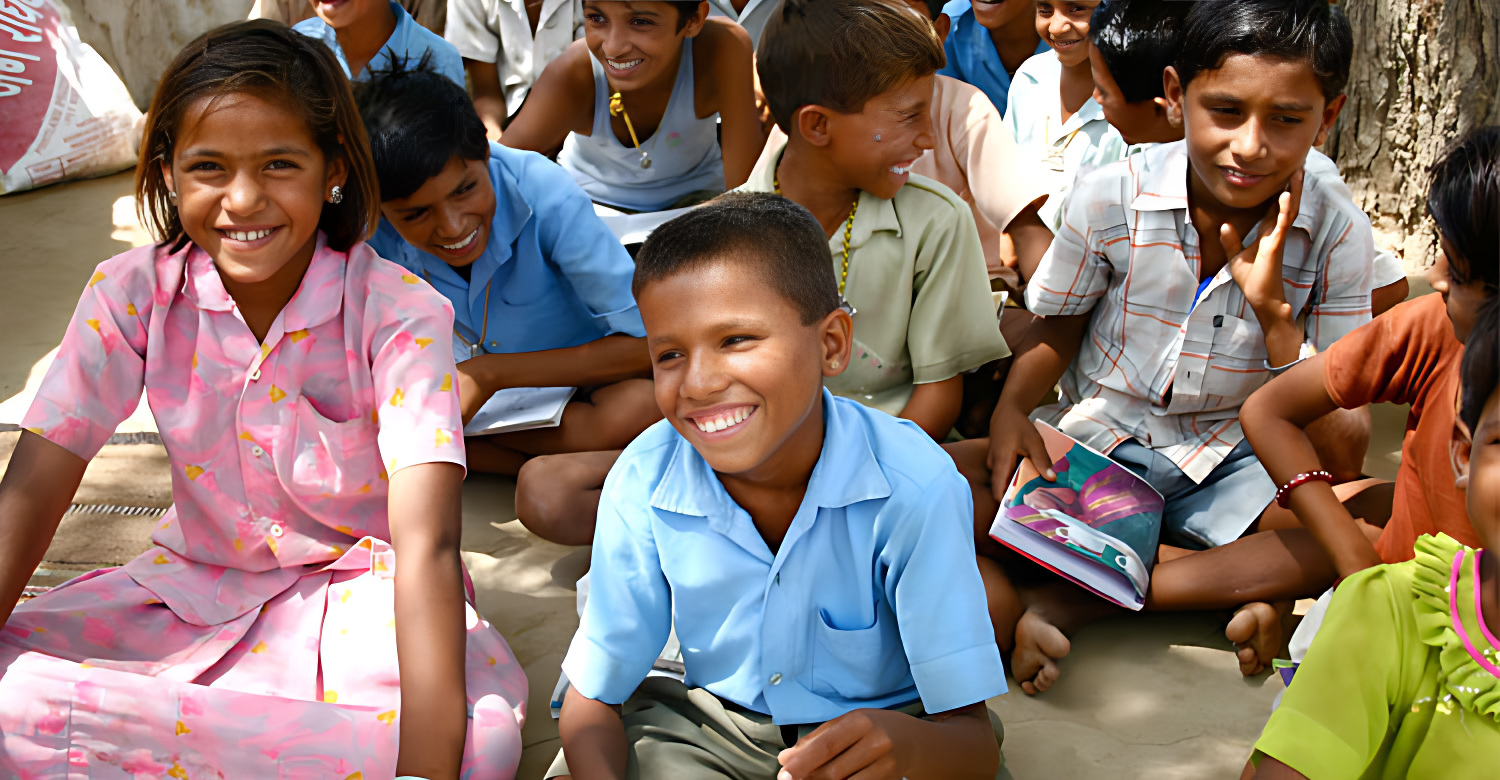This article explores the successful case studies of NGOs in India, highlighting their impactful initiatives and transformative endeavours in various sectors. From education to healthcare, from women’s empowerment to environmental conservation, these NGOs have been making a tangible difference in the lives of marginalised communities, demonstrating the power of grassroots activism and the importance of social responsibility. By sharing their stories and lessons learned, we hope to inspire and inform those who are passionate about creating positive change in India and beyond.
India, a land of diversity and contrasts, is home to a vast population of over 1.3 billion people, making it the second-most populous country in the world. This vast population is characterised by its diversity in terms of ethnicity, language, and culture and stark contrasts in socio-economic conditions. While India has made significant strides in economic development and technological advancements, a significant portion of its population still grapples with numerous social challenges, including poverty, lack of access to education, healthcare disparities, and gender inequality.
Continue reading “Successful Case Studies of NGOs: Making a Difference in India”




